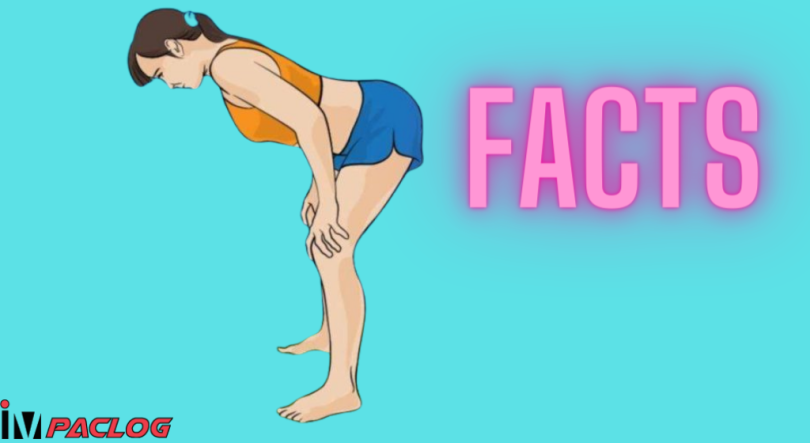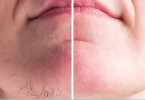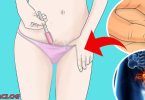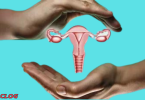Is excess gas in the abdomen a concern? In this article, learn all the details about this topic.
Below we will learn the most important information about excess gas in the abdomen, the causes of excess gas, and treatment for recurrent abdominal bloating:
Excess gas in the abdomen
Gas in the abdomen often indicates that a person is swallowing air while eating or drinking. Therefore, rare episodes of stomach gas are not a cause for concern, but frequent and persistent gas may be a sign of a disease in the digestive system or intestines that requires treatment.
Burping sometimes helps release gas, reduces feelings of discomfort and bloating and thus helps solve the problem of excess gas in the abdomen.
Symptoms of excess gas
Several symptoms indicate increased gas, including the following:
Increased abdominal size.
Stomach cramps.
Burping.
source.
Feeling of fullness and stomach bloating.
Causes of excessive gas
The following are the causes of increased gas in the abdomen:
Swallow air
Most individuals swallow a small amount of air while eating and drinking, and swallowed air that does not exit the stomach during burping may travel to the intestines and exit through the anus.
Swallowing more air causes more air to enter the intestines and makes gas symptoms worse. You may be more likely to swallow air when:
Chewing gum or sucking hard candy.
Wearing loose dentures.
Eating and drinking too quickly.
Drink soft drinks.
Smoking.
All food
Many foods contain carbohydrates that cause gas, while fats and proteins cause gas, but to a lesser extent. Here are the foods that can cause a lot of gas in the stomach and abdomen:
Bean.
Fruits, such as: apples, pears, and peaches.
Milk and dairy products, such as: cheese, ice cream, and canned foods prepared with lactose, such as: bread, cereals, and salad dressings.
Whole grains, such as: whole wheat and bran.
Soft drinks and fruit drinks.
Vegetables, such as: cabbage, artichoke, asparagus, onions, broccoli, and cauliflower.
Foods that contain sorbitol, such as: gum and sugar-free candy.
Serious causes of stomach gas
Some causes are considered serious and lead to increased gas in the abdomen:
Lactose intolerance: In this condition, the body becomes unable to digest lactose, which is the sugar found in milk and dairy products.
Cancer: Excess gas is rarely the main symptom of colon cancer.
Digestive system disorders: Digestive system disorders, such as: irritable bowel syndrome, constipation, indigestion, and flatulence cause abdominal gas.
Small intestinal bacterial overgrowth: Small intestinal bacterial overgrowth leads to a change in the type of bacteria present in the small intestine and an increase in the number of bacteria. These bacteria can produce extra gas and cause diarrhea and weight loss. Bacterial overgrowth in the small intestine can be a complication of other health problems.
Treating excess gas in the stomach and abdomen
After identifying the causes of excessive gas, recurrent flatulence can be treated in the following ways:
Herbal treatment
Herbs and spices relieve stomach gas, especially the following: dill, basil, cumin, mint, parsley, fennel, and chamomile.
Changing eating habits
Following a healthy diet helps treat stomach gas. Here are the most important rules of healthy eating:
Avoid eating foods that cause gas.
Sit immediately after eating.
Avoid eating and chewing food quickly.
Distribute meals evenly throughout the day.
Drink fluids at room temperature.
Do not chew gum or suck hard candy.
Stay away from soft drinks and drinking through a straw.
Do not talk while eating and drinking.
Treatment with medications
The medications your doctor prescribes will depend on the symptoms of excess stomach gas and the medical condition causing the gas. Doctors often recommend the following medications:
Some medications are available without a prescription.
Medications to treat small intestinal bacterial overgrowth or irritable bowel syndrome.
Nutritional supplements to treat lactose intolerance.
When should you consult a doctor?
Simple home remedies and lifestyle changes help some people treat recurrent flatulence, but if these treatments are ineffective and the person suffering from excessive flatulence develops the following symptoms, he or she should seek medical attention immediately:
Frequent diarrhea or constipation.
stomachache.
Strong pressure on the abdomen.
Vomiting.
Sudden weight loss.







